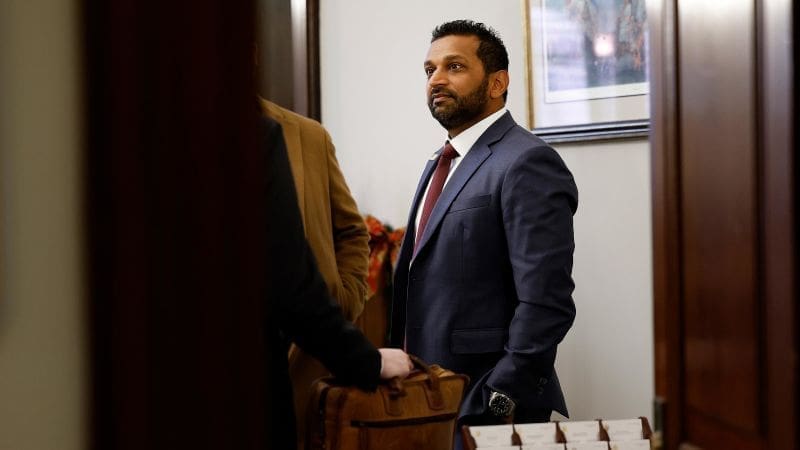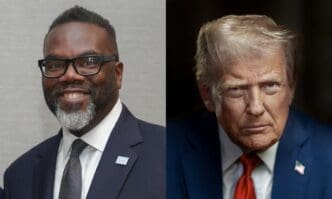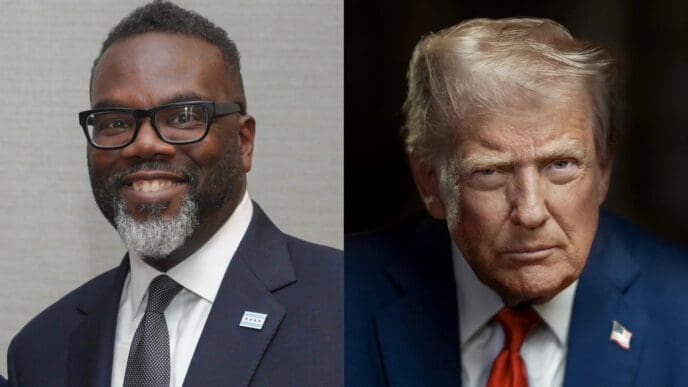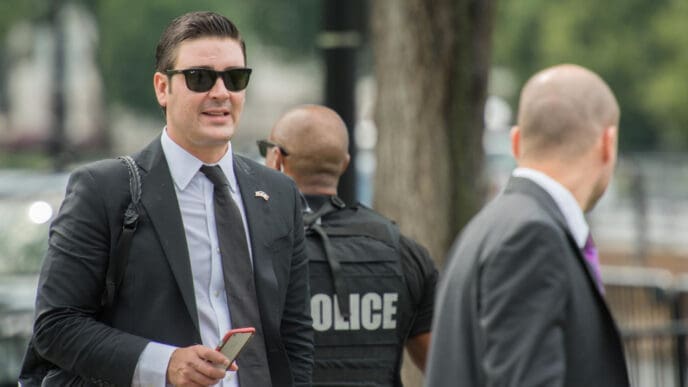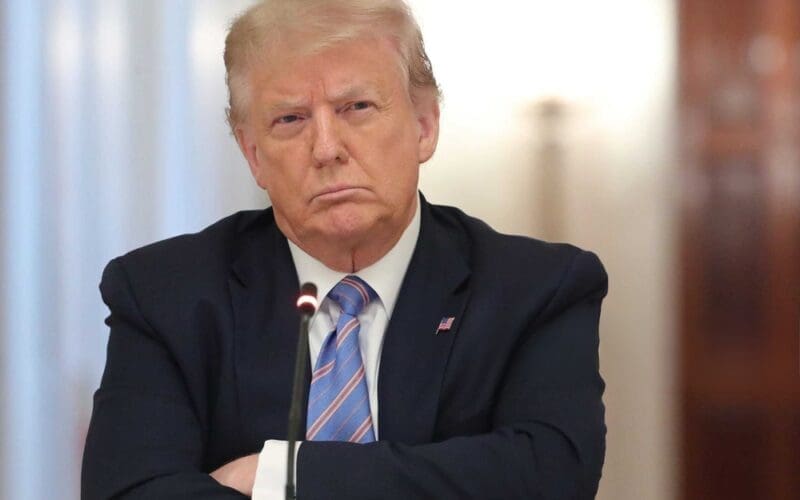In a significant revelation, the Justice Department secretly acquired phone records from two Congress members and 43 staffers, including Kash Patel, during leak investigations in President Trump’s first term. This action, detailed in a watchdog report, pulls back the curtain on attempts to trace leaks through federal employees with access to classified information.
The report from the Justice Department’s inspector general highlights how efforts to pinpoint reporters’ sources stretched across a bipartisan array of federal employees privy to sensitive information due to their roles. Though not named in the report, sources indicated that Democratic Representatives Adam Schiff and Eric Swalwell were also targeted alongside Patel. At the time, Patel was a staff member on the GOP-led House Intelligence Committee, while Schiff has recently assumed a Senate position.
These broad investigative efforts targeted records, including emails from journalists at major outlets such as CNN, The Washington Post, and The New York Times. However, the inspector general warned this approach could undermine Congress’s ability to oversee the executive branch without undue interference. He argued that focusing investigations on the timing of access to classified material can chill such oversight and create an appearance of inappropriate influence.
Prosecutors, in their pursuit of records, circumvented Justice Department protocols designed to protect Congressional and journalistic communications. For instance, Attorney General Bill Barr noted he was unaware that congressional records had been sought, a fact compounded by prosecutors’ nondisclosure orders which kept those involved uninformed.
The news media investigations were connected to politically charged topics, including the response to the 2016 election interference and contacts with foreign officials. For example, records related to CNN reporter Barbara Starr were obtained during her reporting on U.S. military options in international hotspots.
Despite these extensive efforts, the inspector general found no indications of political motivation by career prosecutors but noted deviations from guidelines that should have prioritized less intrusive methods before issuing subpoenas. These deviations included the bypassing of internal reviews and the failure to secure necessary approvals from the Department of National Intelligence and the Attorney General.
Patel, now nominated for the role of FBI Director, has yet to comment publicly on the report’s findings. However, his past actions, including a lawsuit against former Justice Department and FBI officials, underscore his grievances over the seizure of his communication data during 2016 and 2017. This lawsuit, which accused officials of retaliating against him for his investigative work on the FBI’s Russia probe, was eventually dismissed on the grounds of official immunity and insufficient evidence of personal harm.
The inspector general’s report has sparked a debate over the Justice Department’s practices regarding the investigation of leaks. Without established protections for Congressional communications, the report underscores the tension between maintaining national security and preserving the integrity of governmental oversight. As discussions continue, the need for clear guidelines to prevent overreach remains a critical focus.
Source: CNN

